

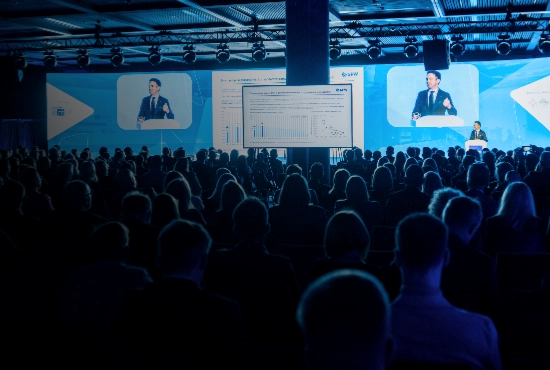

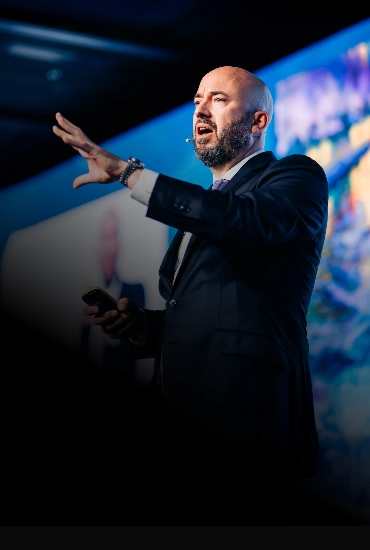

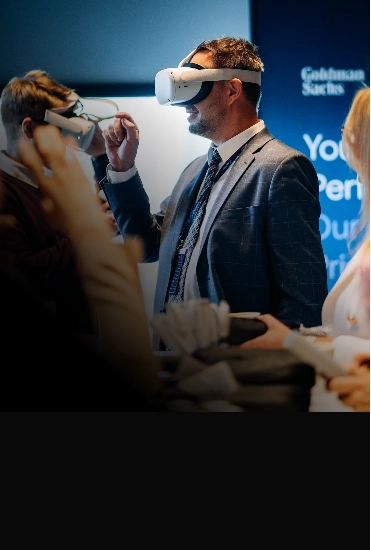

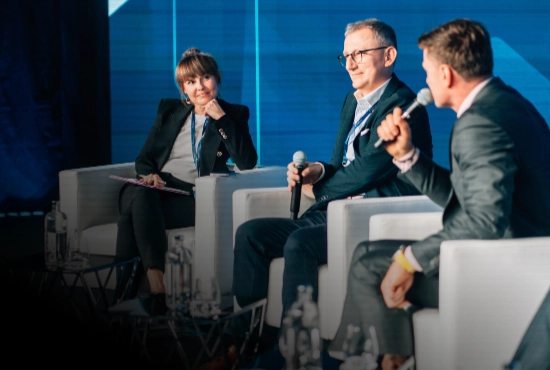



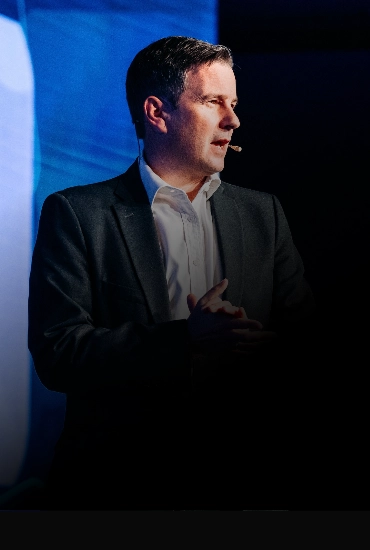


Michał Duniec, Robert Stanilewicz
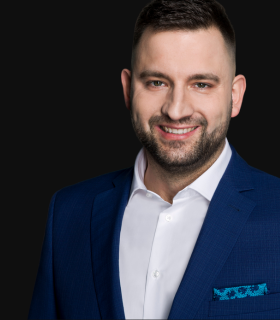
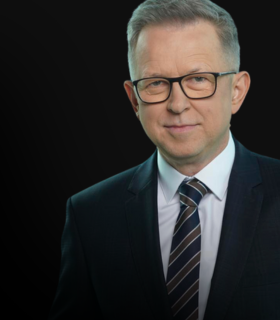
Jakub Liebhart
Although ETFs dominate many market segments, there are areas where active management demonstrates its advantage. The Polish corporate bond market is an example where company selection, credit risk analysis, and a flexible approach to duration have a real impact on performance. Jakub Liebhart will discuss when actively managed funds outperform indices and in which asset classes passive strategies typically fall short.
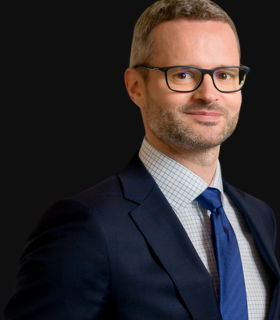
Dominik Bekkewold, Piotr Dygas, Marcin Groniewski, Marlena Janota, Rafał Madej, Piotr Szulec, Robert Stanilewicz
It’s completely natural for people without experience to fear investing. For many, the typical volatility of investment funds is not “a market norm” but a financial nightmare and fear of losing all their capital. How can we help clients understand that fluctuations in fund units are not a disaster but part of the journey to building wealth? In this panel, we’ll talk about what clients truly need to believe that investing is worth it. How can we support them in overcoming psychological barriers? And finally – how can we help them discover their real risk tolerance? What do practitioners’ experiences say about this, and what does science suggest? This panel is about better understanding clients’ fears and how to tame them step by step, together.
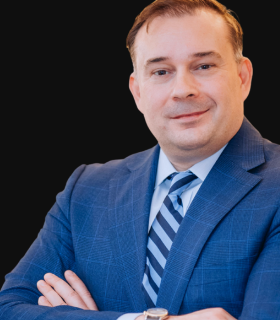
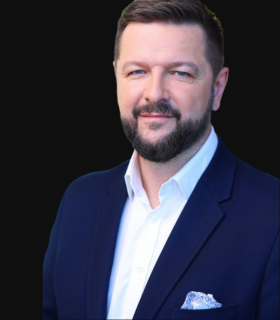
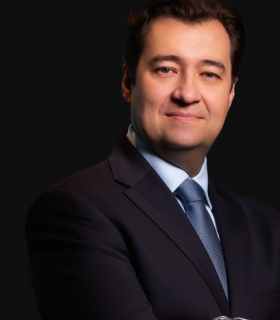
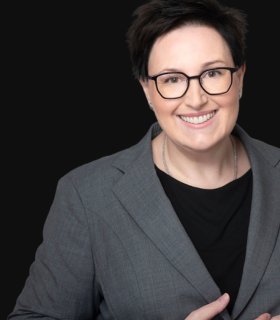
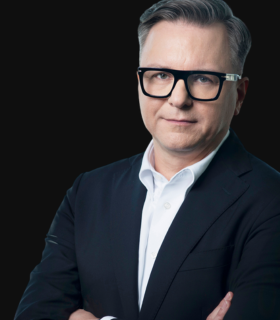
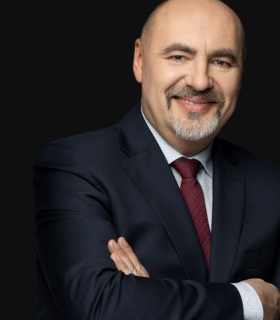

Rafał Matulewicz
For decades, the United States economy has been regarded as the strongest and most resilient in the world. High productivity, a flexible labor market, robust domestic demand, and the dominance of the US dollar as the global reserve currency have built America’s exceptional status and lasting advantage over the rest of the world. With Donald Trump’s return to the White House, cracks have begun to appear in this image. In this presentation, we will explore what truly underpins the competitive edge of American companies today, whether the valuation premium they enjoy might eventually disappear, the risks facing Wall Street and the US economy, and what has changed after nearly a year of Trump’s presidency.
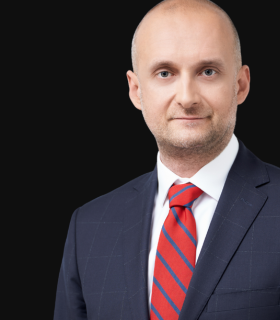
Michał Szymański
Technology is constantly accelerating, shaping both our daily lives and investors’ portfolios. Or is it just a passing fad, with another dot-com-style crash on the horizon? Which vision should we believe in? How can we invest in technology wisely and leverage its potential?
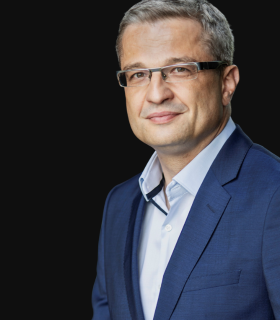

Michał Milewski, Adam Woźny
Aging populations, climate change, automation – these are some of the megatrends, forces that are increasingly reshaping markets. How will they evolve in the age of deglobalization? Are megatrends a marketing creation? Is U.S. dominance sustainable? Do American large-cap companies hold an advantage over their Chinese counterparts? What risk premium is associated with this asset class, and what could go wrong?
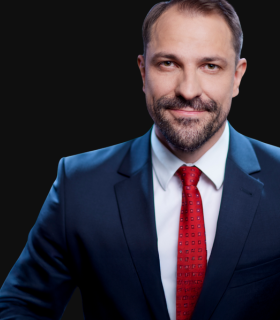
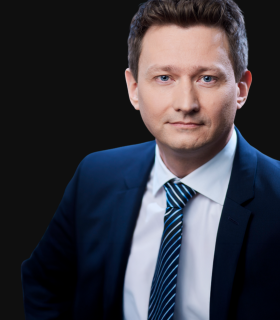
Michał Ferenc
Non-bank financing is increasingly becoming an alternative to traditional sources of capital. How is the private debt market developing in Poland, Europe, and worldwide? What types of transactions dominate the portfolios of asset managers? During the presentation, we will take a closer look at the real challenges of this market: from project selection, through transaction security measures, to protecting investors' capital in cases of repayment difficulties on the issuer’s side.
Matthew Jennings
Poland has one of the lowest savings rates in the EU, and individual investors show a strong aversion to risk. More than 70% of fund assets are in debt, which does not always protect against inflation. Building real wealth requires exposure to global equities. Why? Our guest Matthew Jennings from Fidelity International will explain, presenting the Global Equity Income strategy, which combines active stock selection, solid fundamentals, and attractive dividends. This is a proposition for investors who do not accept deep drawdowns and are looking for a long-term, stable “anchor” for their portfolios.
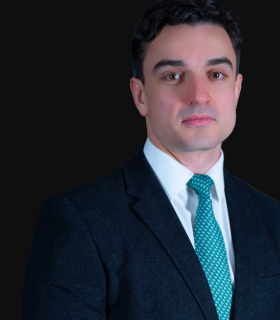
Tomasz Korab, Rafał Lis, Jagoda Fryc
Private asset classes are increasingly becoming a significant component of investment portfolios — both in wealth management and in private banking. What role do private assets play today in the portfolios of investors in Poland and globally? What solutions are actually available on our market? During the discussion, we will explore the potential of private markets, with a particular focus on private debt. We will talk about the risks associated with this asset class and how to mitigate them in order to strengthen return potential.
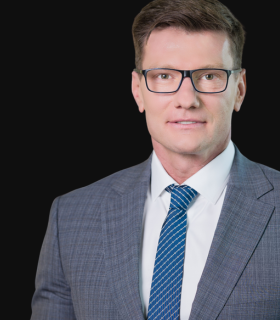
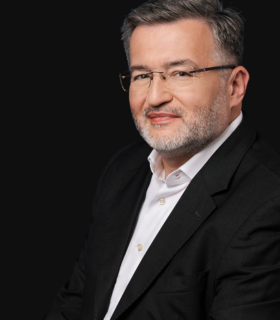
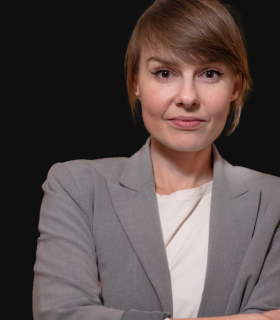
Maciej Kołodziejczyk
Gold has returned to investors’ radars due to geopolitical tensions, record central bank demand, and expectations of a more accommodative Fed policy. But is this a lasting trend? In this panel, we’ll discuss the outlook for investing in gold through funds and ETFs – both those backed by physical gold contracts and those focused on mining company stocks. We’ll consider what might drive the price of the yellow metal in the coming years, what risks are on the horizon, and whether gold deserves a place in long-term investment portfolios.
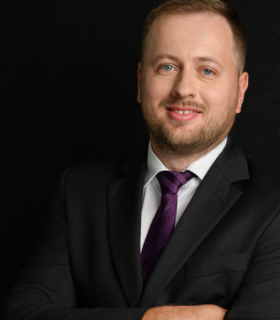
Jacob Rawel
Until recently, private equity investments were reserved for the largest institutions. Today, thanks to ongoing democratization, this asset class is increasingly making its way into the portfolios of affluent individual investors. It offers opportunities for diversification, reduced volatility, and access to companies growing outside the public market. Jacob Rawel from Lexington Partners, a Franklin Templeton company, will explain why this segment is gaining importance right now, what opportunities secondary strategies offer, how primary market strategies work, and the role of co-investor support. Can private equity in practice strengthen traditional equity and bond portfolios?
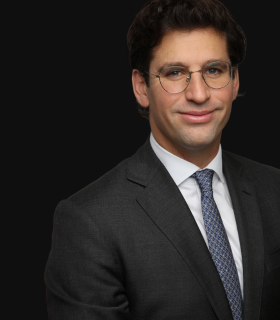

Patryk Borkowski, Kamil Cisowski, Marek Kaźmierczak, Zbigniew Jakubowski, Monika Szlosek, Hanna Jankowska, Robert Stanilewicz
Artificial intelligence has entered the world of finance faster than many expected. Today, it already helps analyze data, build portfolios, and even communicate with clients. Intermediaries and asset managers are testing and implementing solutions that not long ago sounded like science fiction. Will AI become the standard in advisory and investing? In this panel, we will discuss how artificial intelligence currently supports investment decisions – from risk scoring to portfolio recommendations. We will also consider how the Polish financial market is adapting global trends and whether technology can help make investment products and services more accessible to a broader range of clients.
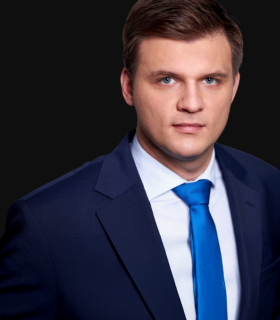
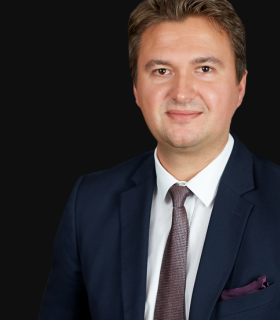
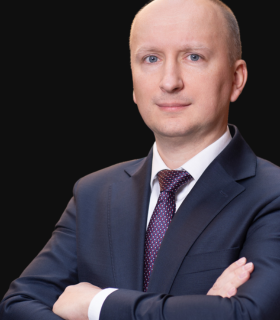
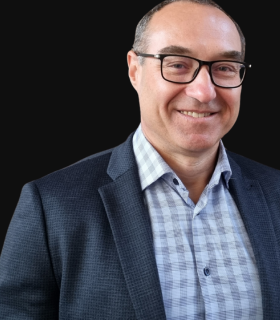
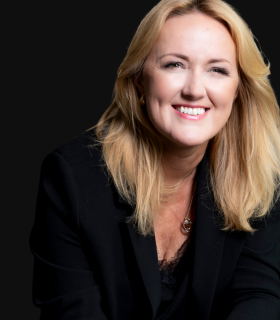
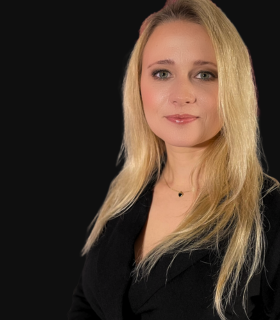

Grzegorz Prażmo
During the lecture, we will discuss how changes in economic fundamentals — including differences in economic growth rates, monetary policy, and capital flows — affect investment opportunities in emerging markets and their future development. We will consider where attractive opportunities can currently be found, how to properly interpret valuations, and which strategies may be most effective in capturing the potential of this diverse segment of the global market.
Sebastian Buczek, Michał Duniec
A year has passed since “Million-Dollar Questions,” our memorable conversation at the previous edition of the Fund Forum. Now it’s time for a follow-up — but this time, the roles are reversed. Sebastian Buczek, CEO of Quercus TFI and the longest-serving fund manager on the market, takes the moderator’s seat to interview Michał Duniec, CEO of Analizy Online. There will be no easy questions! What’s not working in the asset management industry as it should? Which funds dominate the Analizy rankings? What topics ignite heated debates among the platform’s readers, and which ones go unnoticed? Who’s gaining market share, who’s losing it — and do investors really follow fund performance? Expect data, market trends, actionable insights, and a behind-the-scenes look at the fund industry.
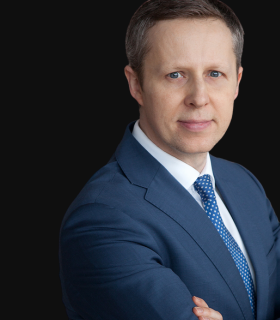



Crowne Plaza Warsaw The HUB is a luxury hotel that combines modernity with comfort in the heart of Warsaw - it is located just 1 km from the city center.
Learn how to get there Book a hotel room

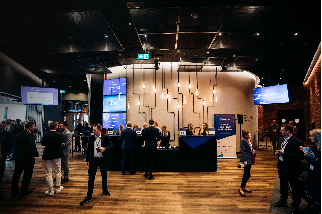

Crowne Plaza Warsaw The HUB is a luxury hotel that combines modernity with comfort in the heart of Warsaw - it is located just 1 km from the city center.
Learn how to get there Book a hotel room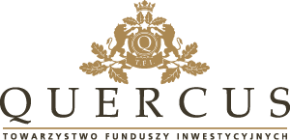
Quercus TFI is the first publicly listed investment fund company (TFI) in Poland, targeting affluent individual and institutional clients. Founded by former managers of the ING Group, it has been operating since 2008. As of the end of 2024, it managed assets worth PLN 6.34 billion. The main shareholders include the management board and institutional investors such as NN Pension Fund (NN OFE). The Group also includes Xelion Investment House, which has PLN 7.3 billion in assets under administration. The Group's net profit for 2024 amounted to PLN 43.2 million.

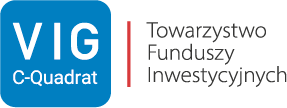
VIG / C-QUADRAT TFI is part of VIG (Vienna Insurance Group founded in Vienna in 1824), and C-Quadrat Investment AG, an Austrian group of asset management companies. The Vienna foundation is underpinned by a team made up of managers and experts with many years of experience. The company's motto is ‘Your capital in trusted hands’. TFI offers three debt funds, two equity funds, two algorithmic funds and funds investing based on sustainability criteria in the ‘Light green’ formula. In addition, customers can take advantage of the IKE/IKZE pension offer and the PSO MultiPlan.

PKO TFI was established in 1997 and is part of the PKO Bank Polski Capital Group. It is the largest investment fund company in Poland. It manages assets worth approximately PLN 70 billion, and its share in the retail fund market exceeds 22%. More than 2 million clients have already placed their trust in PKO TFI.

Fidelity International is a privately held, purpose-driven company with over 50 years of experience, providing investment solutions and retirement expertise to more than 2.8 million customers globally. Operating in over 25 locations and managing over $1 trillion in assets, we serve a wide range of clients—from institutions to individuals. We combine asset management with personal and workplace investing solutions to help build better financial futures.